If you’re a proud pet bird owner, you know how curious and intelligent our feathered companions can be. Pet birds love to explore their environment, and their inquisitive nature often leads them into places you might not expect. At Galena Animal Medical Clinic, your Middletown, DE, animal clinic, we understand that keeping your pet bird safe and happy in your home requires a few precautions. Birdproofing your home is essential to prevent accidents and ensure your pet’s well-being.
In this blog, we’ll share practical tips on how to birdproof your home, from protecting them from hazards to creating a safe, stimulating environment. Whether you’re new to bird ownership or a seasoned pro, these tips will help ensure that your feathered friend stays safe and enjoys their home to the fullest.
Why Birdproofing Your Home is Important
Birds are naturally curious and social creatures, and they need to explore their surroundings. However, that same curiosity can sometimes lead them into dangerous situations, such as flying into windows, chewing on toxic plants, or getting caught in household appliances. Birdproofing your home reduces the risks associated with these hazards and helps create an environment where your pet can thrive safely.
A bird’s environment needs to be a sanctuary—both stimulating and safe. Without the proper precautions, even common household items can pose risks. Birdproofing helps prevent accidents while keeping your pet entertained and mentally engaged.
Essential Birdproofing Tips for Your Home
1. Protect Windows and Glass Doors
One of the most common dangers for pet birds is flying into windows or glass doors. Birds often don’t perceive glass as a barrier, and their fast flight can result in injury or even death. To birdproof your home, consider using window decals, tinted films, or netting to help make glass more visible. You can also move bird cages away from large glass surfaces to prevent your bird from flying into them.
2. Secure Toxic Plants and Materials
Many household plants are toxic to birds, including azaleas, dieffenbachia, oleander, and lilies. It’s important to research which plants are safe for your bird and keep toxic plants out of their reach. If you’re unsure about a plant’s safety, it’s best to err on the side of caution and remove it from your home.
Additionally, be mindful of other materials such as non-stick cookware and fumes from candles or air fresheners, which can be harmful to birds. Always ensure that your bird’s environment is free of any chemicals or fumes that could pose a health risk.
3. Secure Household Hazards
Birds are incredibly curious and will explore just about anything they can get their beaks on. To prevent potential accidents, be sure to secure household hazards, such as electrical cords, small objects that could be swallowed, or open containers of toxic substances (like cleaning supplies). Birds may also chew on things like plastic, which can be harmful if ingested.
A good way to minimize the risk is by setting up a designated play area or “bird-safe zone” where your pet bird can fly and explore without encountering dangerous items. This area can be equipped with bird-safe toys, climbing structures, and other interactive items to keep your bird entertained.
4. Create a Safe Space for Your Bird
Providing a designated space where your bird can feel safe is a key part of birdproofing your home. This space should be free of distractions and hazards, and ideally, it should allow your bird to have a view of the outside world. Birds love being able to see what’s going on around them, so place their cage or play area near a window (with birdproofing measures in place) to offer a scenic view.
A cozy corner with a variety of perches, swings, and toys will allow your bird to enjoy their environment safely. This can also serve as a space for your bird to rest without interference from other pets or household activities.
5. Keep Other Pets Separate
If you have other pets, such as dogs or cats, it’s important to keep them away from your pet bird. Predatory animals can pose a significant threat to birds, and even the most well-behaved dog or cat may instinctively try to hunt your bird. To prevent accidents, make sure your bird’s area is off-limits to other pets.
If your bird is allowed out of the cage, supervise interactions between the bird and other animals to ensure safety. When you’re not around, it’s best to keep your bird in their cage or a bird-safe room where they can’t come into contact with other pets.
6. Use Bird-Safe Cleaning Products
Maintaining a clean home is essential for both you and your bird, but many cleaning products can be harmful to birds. Always opt for non-toxic, bird-safe cleaning solutions, and avoid using products with harsh chemicals like bleach or ammonia in areas where your bird spends time. Consider making your own cleaning solutions using natural ingredients like vinegar, water, and baking soda, which are safe for both humans and birds.
Cleaning your bird’s cage and toys regularly will help prevent the buildup of waste and bacteria, keeping your pet’s environment hygienic and comfortable.
7. Provide Mental Stimulation and Enrichment
Birds are intelligent animals that require mental stimulation to stay healthy and happy. Playtime, foraging, and new toys help to keep your bird’s brain engaged. Make sure to rotate toys regularly to keep things exciting and prevent boredom. You can also create DIY enrichment activities, like hiding treats in toys or foraging mats, to encourage natural behaviors like searching for food.
Incorporating a variety of textures, sounds, and challenges in their environment helps stimulate their senses and keeps their minds sharp.
Click here for our previously written bird care blog.
Frequently Asked Questions
1. How do I make my windows bird-safe?
Use window decals or non-reflective films to help make windows more visible to birds. You can also place your bird’s cage away from large glass areas to reduce the risk of flying into them.
Cornell Lab has an article about making windows bird safe here. To be fair, this is aimed at wildlife, but if you own birds you are likely interested in helping out Polly’s wild cousins.
2. What types of plants are safe for my pet bird?
Safe plants for birds include spider plants, herbs like basil, cilantro, and parsley, and non-toxic ferns. Always check the safety of any plant before introducing it to your bird’s environment.
3. Can I allow my cat or dog near my pet bird?
It’s safest to keep cats and dogs away from pet birds. Even the most gentle animals can instinctively view birds as prey, so supervision is crucial when they are in the same space.
4. What toys are safe for my bird?
Avoid toys with small parts that could be ingested, as well as those with sharp edges or toxic materials. Look for bird-safe toys made of wood, rope, and other safe materials designed specifically for birds. The Royal Society For The Prevention Of Cruelty to Animals has some helpful information on bird enrichment here.
5. How can I reduce stress for my pet bird?
To reduce stress, provide a quiet, safe space where your bird can relax, offer plenty of toys for mental stimulation, and ensure that your bird is protected from loud noises and sudden movements.
Contact Our Middletown, DE, animal clinic
At Galena Animal Medical Clinic, your Middletown, DE, animal clinic, we want your pet bird to thrive in a safe and enriching environment. Birdproofing your home is essential for preventing accidents and promoting a healthy, stress-free life for your feathered friend. By following these tips, you can create the ideal space for your bird to play, explore, and relax.
If you need further assistance or advice on bird care, don’t hesitate to contact us today!
Click here to visit our Service page and find out more about our clinic and the animals we treat. You can also go here to learn more about our Critical Care services, or go here to learn more about our Exotic Pet care offerings.
This blog is meant to be informational only. Always consult with your veterinarian for the right medical advice, diagnosis, or treatment plan for your pet and follow their advice.

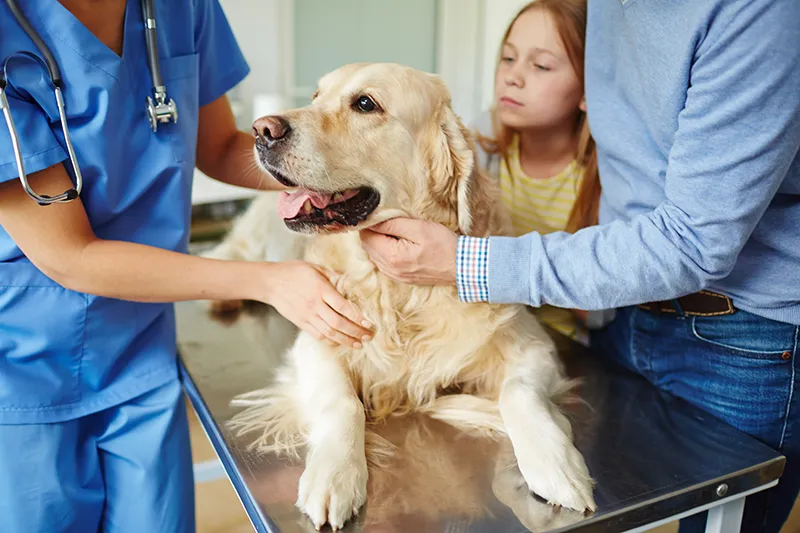
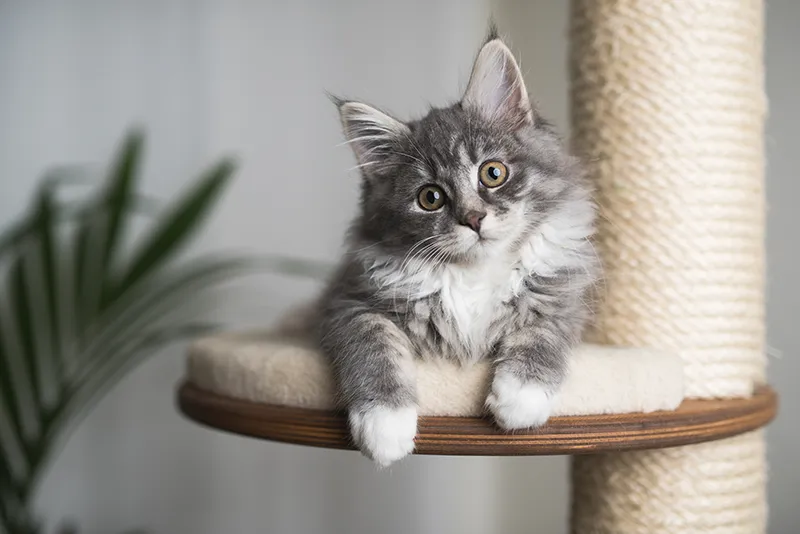

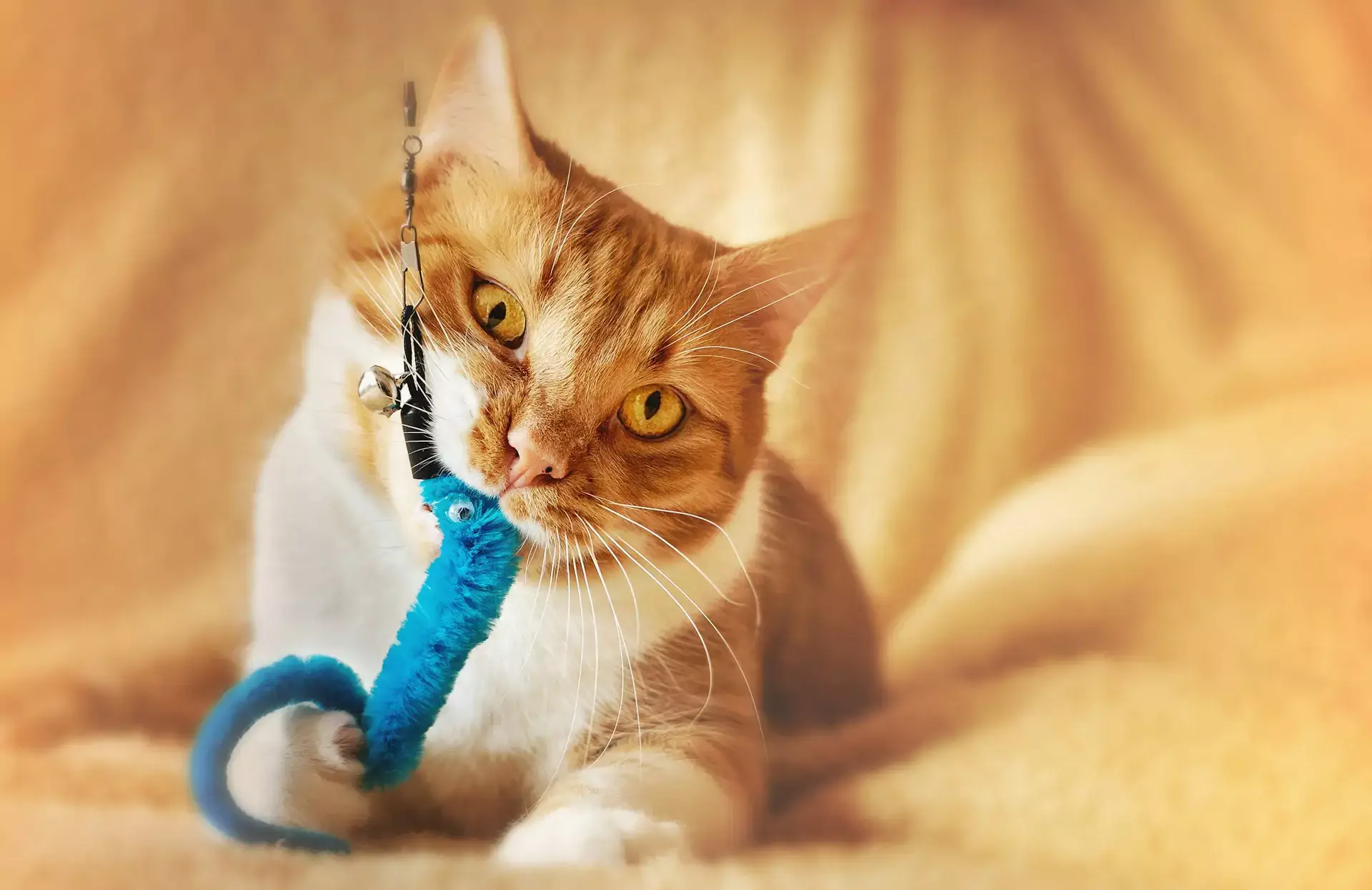
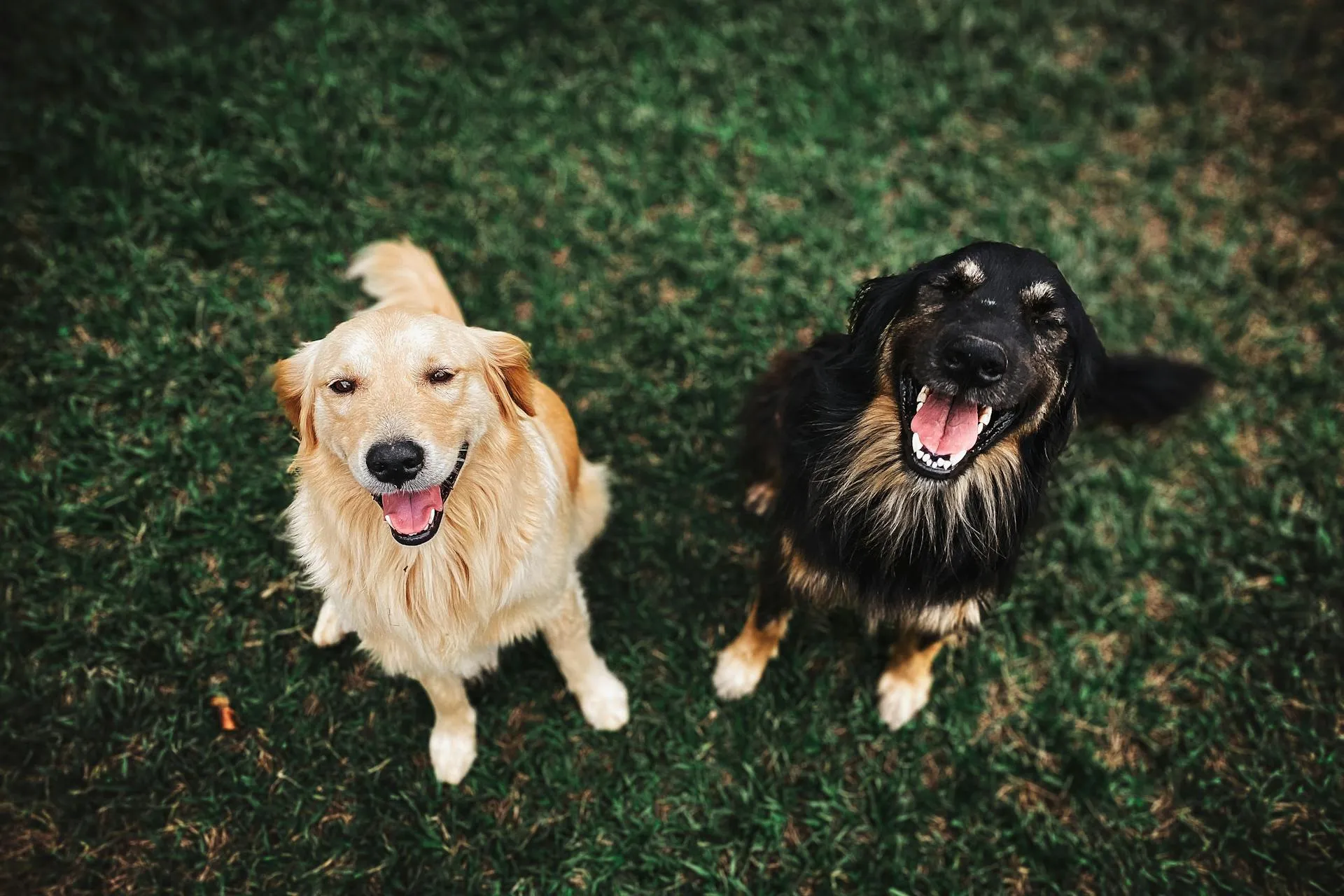
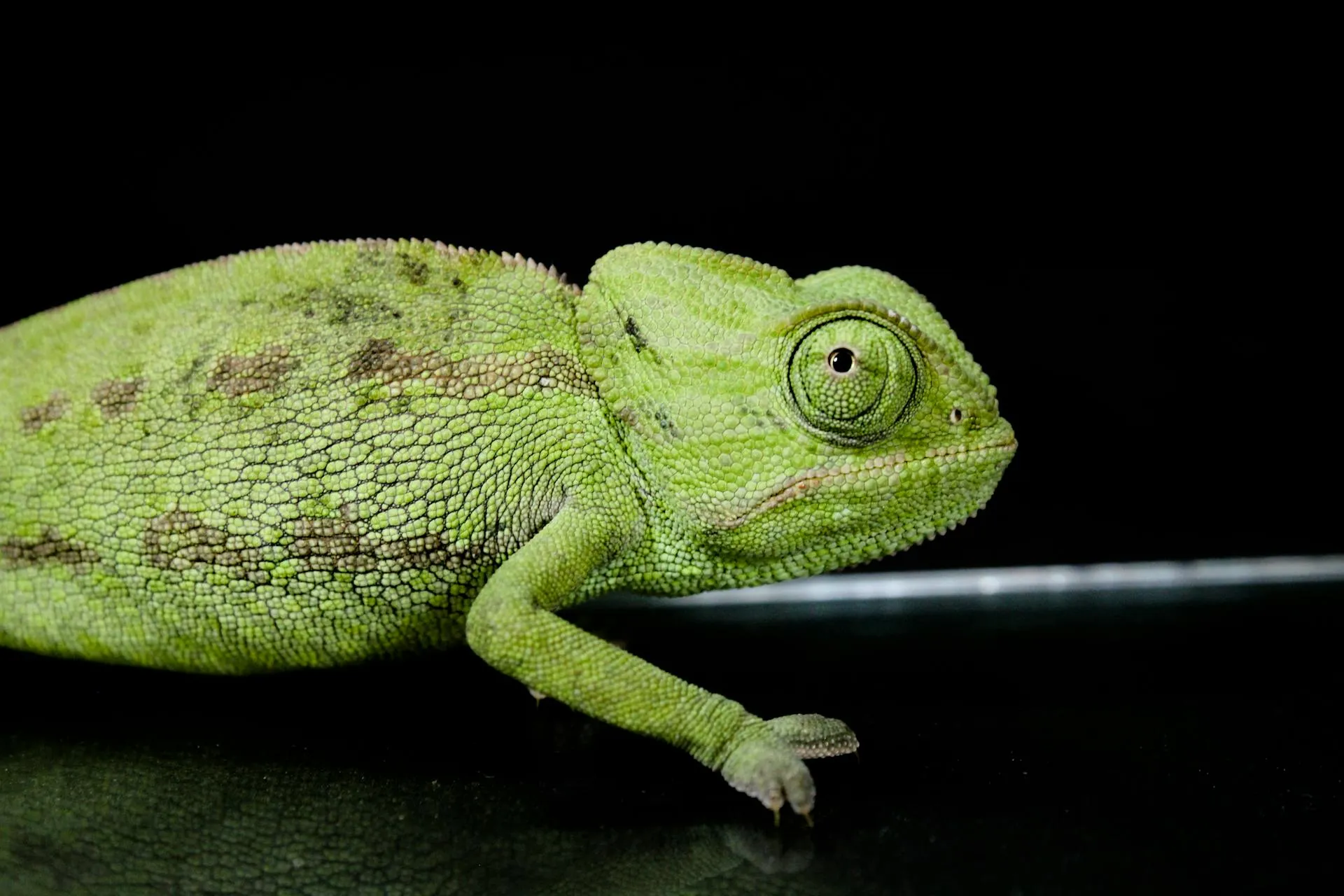
!Social Media Icons